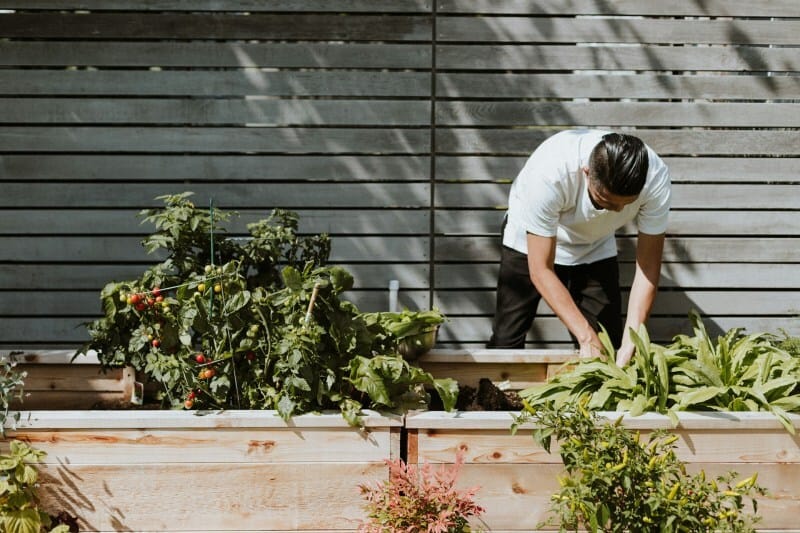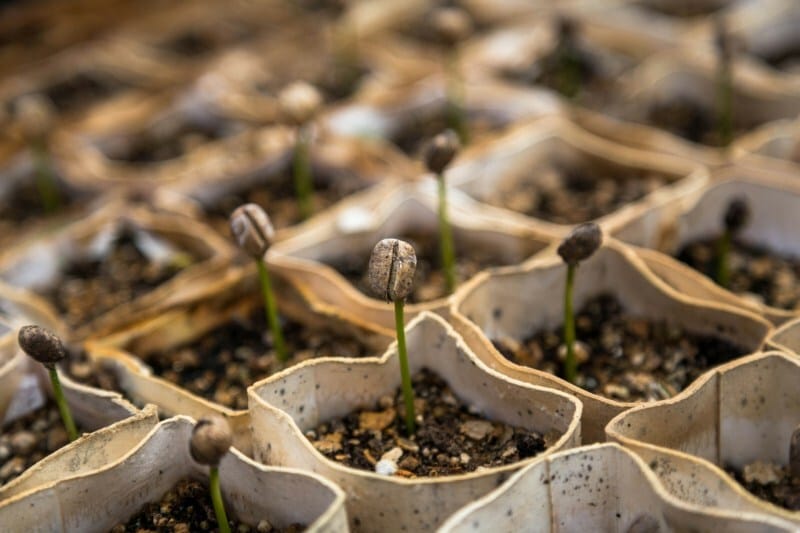Growing your own food offers numerous benefits, enhancing both physical and mental well-being.
Homegrown produce is often healthier, providing fresh, nutrient-rich fruits and vegetables free from the pesticides and chemicals commonly found in store-bought options.
Gardening itself is a great physical activity, helping you stay active and engaged. Additionally, tending to plants can be a therapeutic experience, reducing stress and improving mental health. However, to enjoy the fruits of your labour, it’s crucial to protect your crops effectively.
Invest in specific protection
One of the best ways to protect your homegrown harvest is by investing in specific protective structures such as polytunnels. Polytunnels create a controlled environment that shields your plants from harsh weather conditions, pests, and diseases.
They provide a warmer climate, extending the growing season and allowing for better growth and yield. Polytunnels also offer physical protection against birds and insects, ensuring that your plants remain undisturbed.
If installing a polytunnel is not feasible, cloches are a great alternative. Cloches are small protective covers placed over individual plants or rows of plants.

Prevent accidental crushing
One common issue gardeners face is accidental stepping on plants, either by family members or pets. Polytunnels and cloches can help mitigate this risk by creating a clear physical barrier around your crops. But they may not be enough.
To clearly mark your boundaries and deter unwanted visitors, you can order custom no trespassing signs for an added layer of garden protection.
Wildlife such as deer, rabbits, and birds can also pose a threat to your garden. Planning for fence installation will keep out larger animals while still allowing beneficial insects and pollinators to access your garden. This ensures that your plants receive the necessary pollination while remaining protected from potential harm.

Make your own compost
Healthy soil is the foundation of a productive garden, and making your own compost is one of the best ways to nourish your soil and plants. Composting recycles organic waste, turning kitchen scraps, garden clippings, and other organic materials into rich, fertile soil. This not only reduces waste but also provides a free, sustainable source of nutrients for your garden.
To make compost, collect organic materials such as vegetable peelings, fruit scraps, coffee grounds, and grass clippings. Combine these with dry materials like leaves, straw, and cardboard to create a balanced mix. Keep your compost pile moist and turn it regularly to speed up the decomposition process. Using homemade compost enhances plant growth, increases resistance to diseases, and promotes healthier, more productive crops.

Use neighbour plants
Neighbour planting, or companion planting, is an effective strategy to protect and enhance your garden. By planting certain crops together, you can naturally deter pests, improve soil health, and increase crop yields. Companion plants can attract beneficial insects that prey on pests or provide a physical barrier that protects vulnerable plants.
For example, planting marigolds alongside tomatoes can help repel nematodes and aphids. Similarly, growing garlic or onions near carrots can deter carrot flies. In the UK, popular companion plants include nasturtiums, which attract aphids away from other plants, and borage, which attracts pollinators and improves soil health.

Protecting your homegrown harvest is essential to enjoying the benefits of gardening. By investing in protective structures like polytunnels and cloches, preventing accidental stepping and wildlife intrusion with fences, making your own compost to nourish your soil, and using companion planting to enhance crop protection, you can ensure a bountiful and sustainable garden.
These strategies not only safeguard your crops but also contribute to a healthier, more enjoyable gardening experience.
The post Essential Tips to Protect Your Homegrown Harvest appeared first on Moss and Fog.